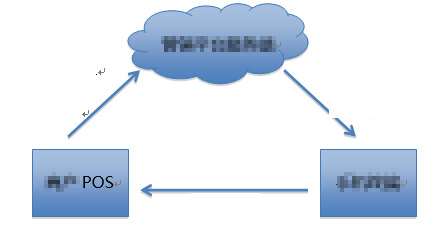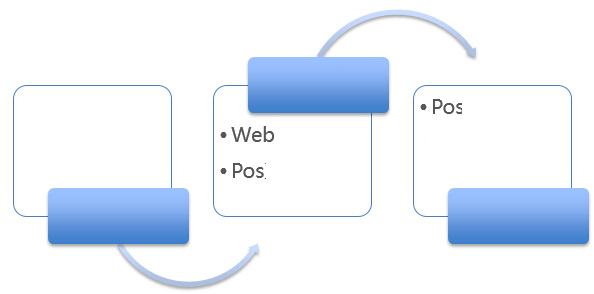Marketing and Payment Integrated Solution
There are so many marketing methods in the market, all of which are constantly changing to attract consumers with preferential prices. There are no other means, such as: new consumer experience. No matter what kind of marketing activities are nothing more than two purposes: first, to promote consumers to shop consumption; second, to achieve pre-paid consumption. The former mostly attracts consumers in the form of discounts and discounts, while the latter uses discounted exchange coupons and cash coupons as virtual equivalent vouchers to sell to consumers.
In traditional marketing activities, most of them use paper coupons as the carrier. For businesses, in addition to the necessary printing costs, paper coupons also need to hire labor to distribute in the form of flyers on the street. While paying small workers, they also have to bear the risk of the coupons being thrown into the trash. Most passers-by do this: they receive flyers (coupons) on the street and discard them at will without looking at them. If they encounter irresponsible employees, the entire stack of flyers will be discarded in the trash.
Coupons that merchants spend a lot of money to print are only available to a small number of people. Only people who get these coupons first-hand can use them. It cannot be circulated. Some merchants will make large light box billboards to promote their promotions. This is just a kind of point-to-point publicity, and most of these marketing activities are regarded as "non-existent" to urbanites who have long been tired of advertising and shouting.
For consumers, paper coupons are not easy to keep and easy to lose. We have more or less the experience of carrying a lot of coupons in our wallets. Recently, we don't have time to spend, and it is too messy to put in the wallet, and it is easy to lose elsewhere. Pulling out a stack of coupons, it is not easy to find the one you want. Until these coupons expire, the trash can is the final destination.
When consumers take coupons to the store to spend or enjoy services. Traditional marketing methods involve too many manual components in the checkout process. The cashier needs to manually calculate the amount according to different coupons and then ask the consumer to pay. The statistical work of the statement after payment is also very time-consuming and laborious. Traditional marketing activities, marketing and consumption are separate

The overall process of the platform is as follows:

The merchant first creates an event in the merchant's background and defines the event details, such as event name, event type, price, etc.
Consumers come to the store to participate in activities, depending on the type of activity. Consumers are actively involved, or driven by merchants.
The consumer (who can be the same consumer in Step 2, or another consumer who received the coupon sent by the consumer in Step 2) uses the received QR code coupon to make purchases.
If the above steps 2 and 3 are further subdivided, as shown in the following figure:





